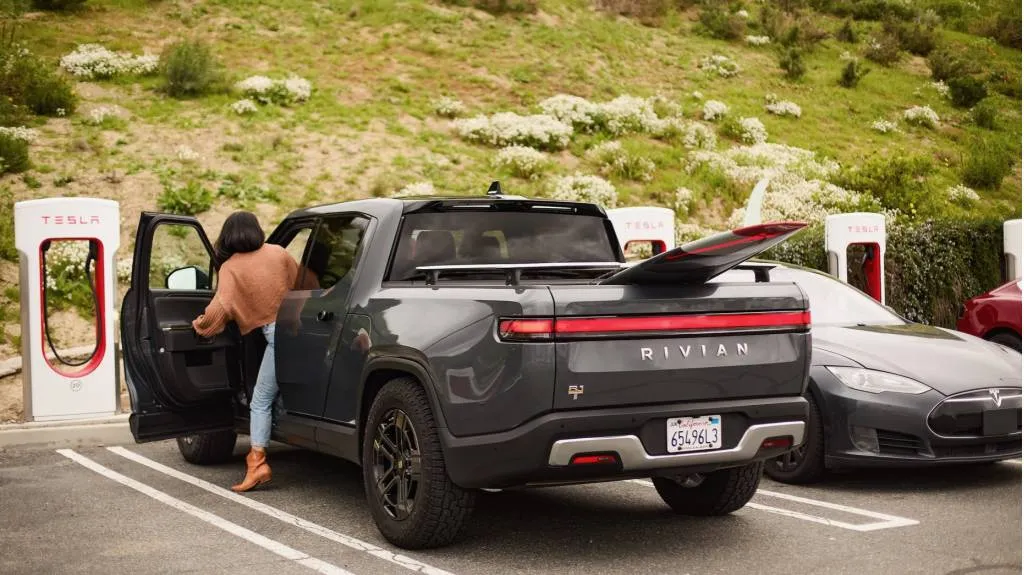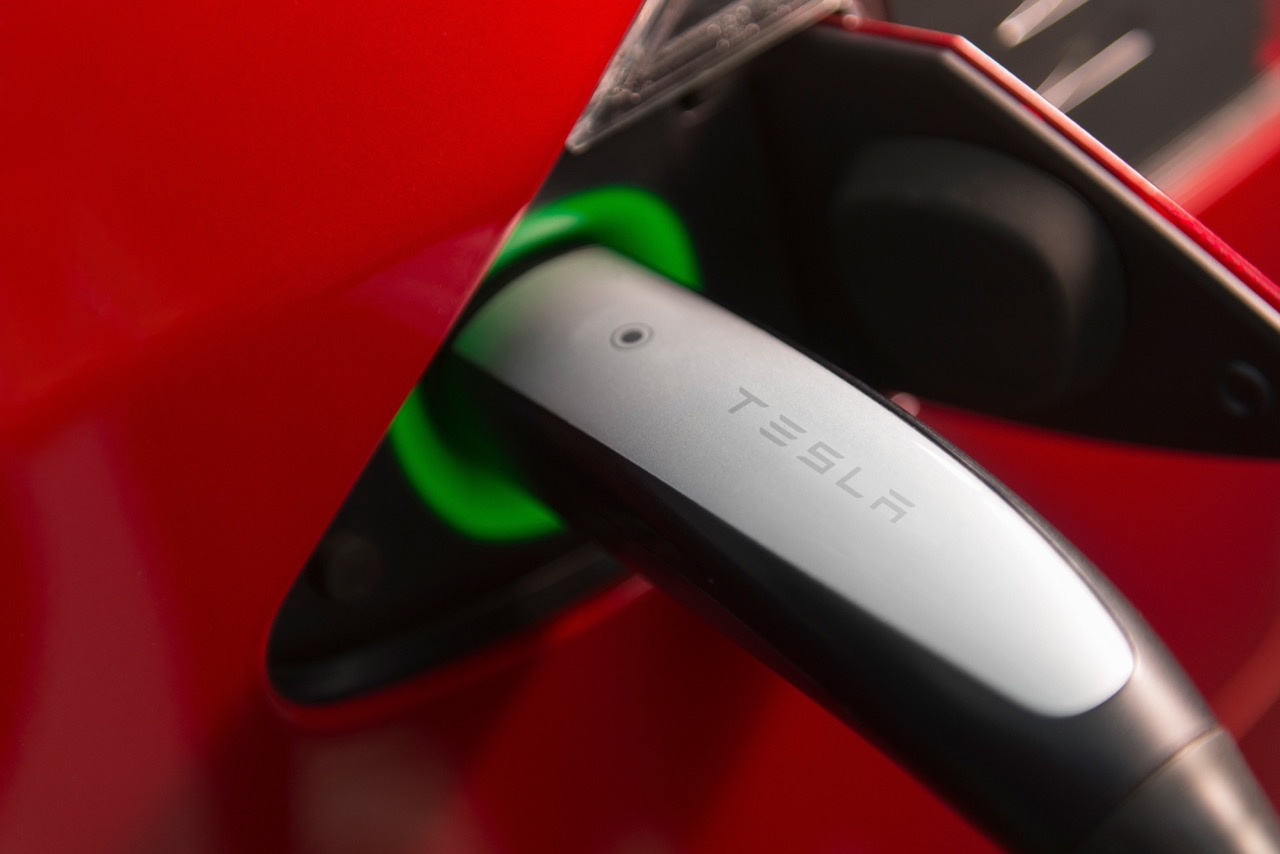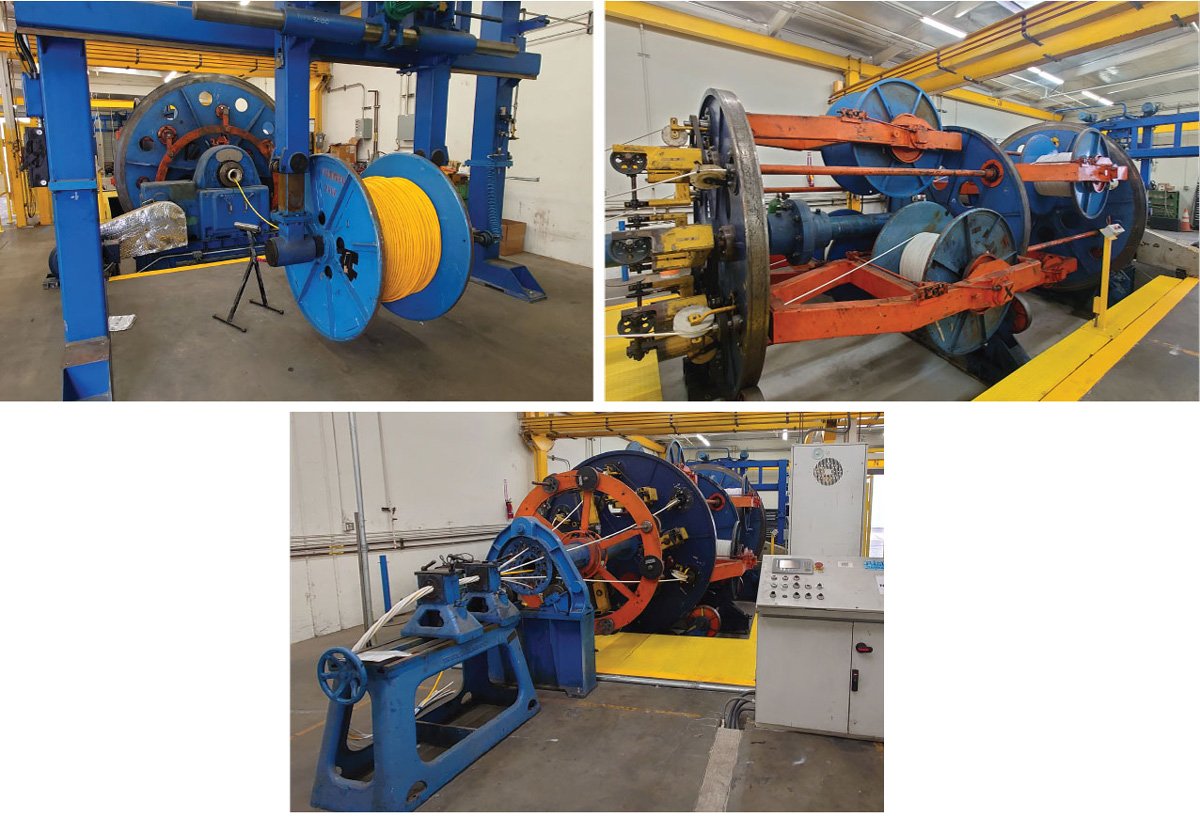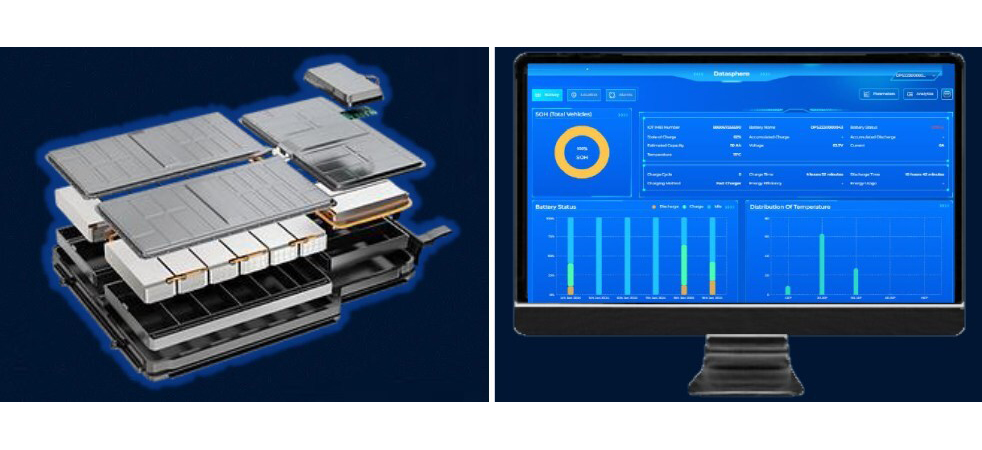Nearly every EV brand in North America is adopting Tesla’s North American Charging Standard (NACS) connector and gaining access to the automaker’s Supercharger network. But despite that network’s fairly good reputation for reliability, the NACS connector alone may not guarantee an overall improvement in charger reliability, says one expert.
Joerg Heuer is the CEO of EcoG, a company that provides operating systems for EV chargers. In a recent interview with Charged EVs, Heuer emphasized that interoperability will be the key to reliability as more EVs charge with NACS connectors or adapters.
Ford EVs at Tesla Supercharger
“Right now, we’re looking at a landscape with about 100 charging station manufacturers and a growing number of EV manufacturers,” Heuer said. “Achieving interoperability means testing over 500 combinations of cars and chargers.”
Helping a bit is that NACS, which is being formally standardized as SAE J3400, is similar to the Combined Charging Standard (CCS) hardware already used by most EV brands. There’s about “90% to 95%” commonality between CCS and NACS, according to Heuer, with nearly everything except the plug itself being similar enough to easily facilitate interoperability. That’s not the case with the CHAdeMO standard, which was harder to reconcile with CCS, according to Heuer.

Rivian R1T at Tesla Supercharger
Tesla pushed other automakers to use its connector starting in 2022, but most didn’t bite until Ford announced plans to adopt NACS in May of last year. Most automakers selling plug-in vehicles in North America followed after that. Adapters for some brands have started to show up, and users have thus far noticed that charge rates are a wash. Measures like Rivian’s route-planning grades may help prioritize the ones that work best and most reliably, though.
The switch has left the auto industry wondering if Tesla Supercharger reliability will extend to other brands’ EVs, but to think it’s simply a matter of switching the connector or favoring Tesla’s network is naive. Some of it will depend on feet-on-the-ground support—now potentially less present for Tesla with the layoff of its charging team—but as with much about charging, it’s complicated.



